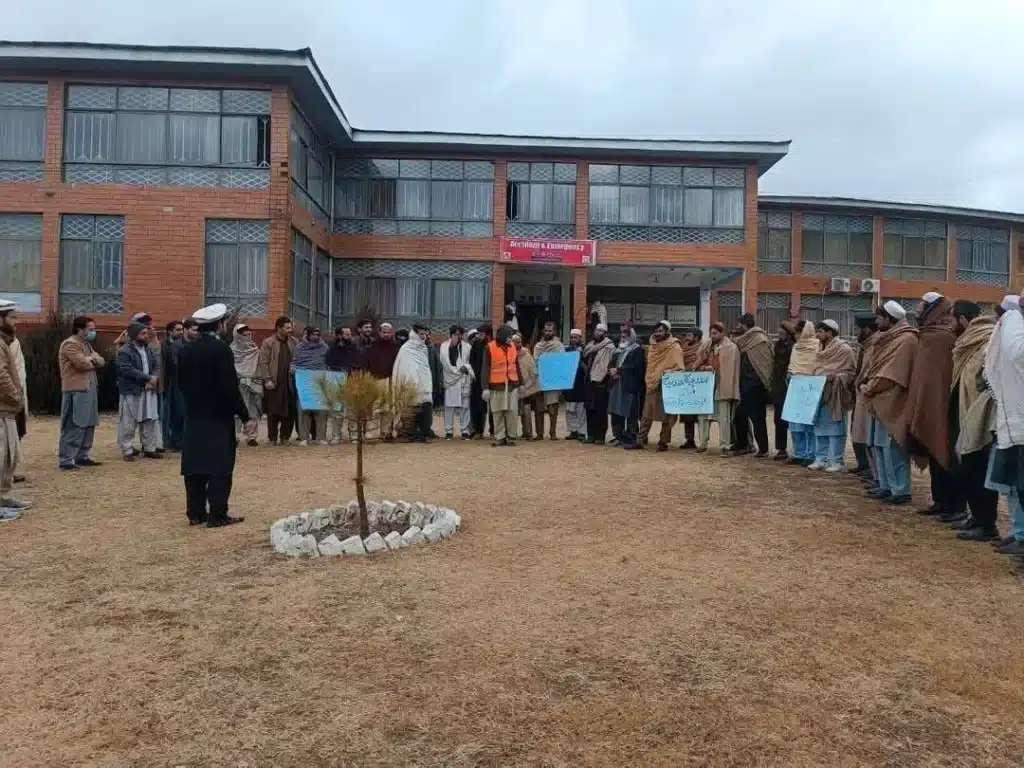Salman Yousafzai
PESHAWAR: Health experts at the 5th International Public Health Conference in Peshawar on Wednesday said that 17.9 million people are suffering from non-communicable diseases (NCDs) in Pakistan, and its main cause is unhealthy lifestyle habits.
They expressed these views at the International Public Health Conference organized by the Khyber Medical University (KMU) Institute of Public Health and Social Sciences in Peshawar, stating that the world is facing a tripartite burden that includes communicable, non-communicable and mental diseases, but our health system lacks specific facilities to deal with NCDs.
Health experts have revealed that 35 million people worldwide die every year from non-communicable diseases (NCDs) such as heart disease, diabetes and depression, which account for 60 percent of all global deaths. 80 percent of these deaths occur in low- and middle-income countries. In Pakistan, more than 17.9 million people are currently suffering from these diseases, the main cause of which is unhealthy lifestyle habits.
Health experts stressed the need to make lifestyle medicine an integral part of public health policy and emphasized the need to implement its six pillars of a balanced diet, physical activity, stress management, better sleep, positive social relationships and avoidance of harmful habits.
They said that we need to bring about a fundamental change in our health system, where physicians should include lifestyle medicine in their daily practice so that better medical outcomes can be achieved.
During various sessions at the conference, experts discussed in depth the possibilities of controlling non-communicable diseases through lifestyle medicine, the increasing risks of these diseases among the youth, mental health issues and the need for positive changes in attitudes.
Several stalls were also set up by KMU students and various institutions on the occasion of the conference for health awareness, in which information on a balanced diet, physical exercise and preventive measures was provided. These stalls were well-received by the participants.
Experts emphasized that governments must not only improve treatment facilities on an emergency basis to combat non-communicable diseases, but also promote public safety measures.
Read also: KP health minister inaugurates Cath Lab unit in KTH





